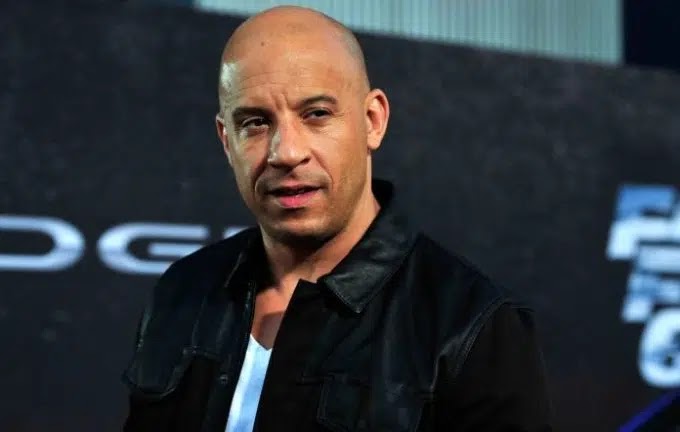Iran's Military Actions in the Wake of Israel-Hamas Conflict: Unraveling Regional Dynamics
In a strategic move following the Israel-Hamas conflict, Iran has deployed military strikes in Syria and Iraq, signaling a calculated attempt to assert its influence in the region. Analysts argue that these actions are carefully designed to showcase strength without provoking direct confrontation with the United States.
Experts, including Ali Vaez, the director of the Iran Project at the International Crisis Group, suggest that Tehran faced significant pressure to respond to recent setbacks, shaping these military actions as a demonstration of force. The dual objective appears to be satisfying domestic constituents while carefully avoiding an escalation of tensions with the U.S. and Israel.
While the U.S. State Department condemned Iran's strikes as "reckless," it reported no harm to U.S. personnel or facilities. Iraq, in response, summoned Iran's envoy and recalled its ambassador from Tehran, expressing dissatisfaction over perceived infringements on Iraqi sovereignty.
Questions surround Iran's claim that the targeted site in Iraqi Kurdistan was an Israeli intelligence headquarters, as skepticism arises from Iraq's National Security Adviser, who argues it was a family home. Iran's missile launch in Syria, covering a range of 1,200 kilometers, is interpreted as a direct message to Israel.
Iran's longstanding support for the Palestinian cause is a crucial element of its foreign policy. While endorsing Hamas's attacks on Israel in October, Iran denies direct involvement. Analysts note Iran's cautious approach, recognizing the risks of direct intervention and its potential to spark a broader regional conflict.
This complex geopolitical landscape involves not only Iran and Israel but also regional players like Hezbollah and Huthi rebels. As tensions persist, the recent military actions underscore the delicate balance in the region, emphasizing the need for nuanced diplomacy and conflict resolution.
Related Tags :
three nations, Jaish al-Adl, IRAN MISSILE CAPABILITIES, Israeli, Middle East,
Hypefresh is a News, Gossip & Entertainment platform made for independent tastemakers, Gen-Z, and millennials. Aiming to re-define perspectives through curated content, engagement to our prime audience is the #1 priority. Subscribe ➜
Originally published at hypefresh.com January 19,2024.





Comments
Post a Comment